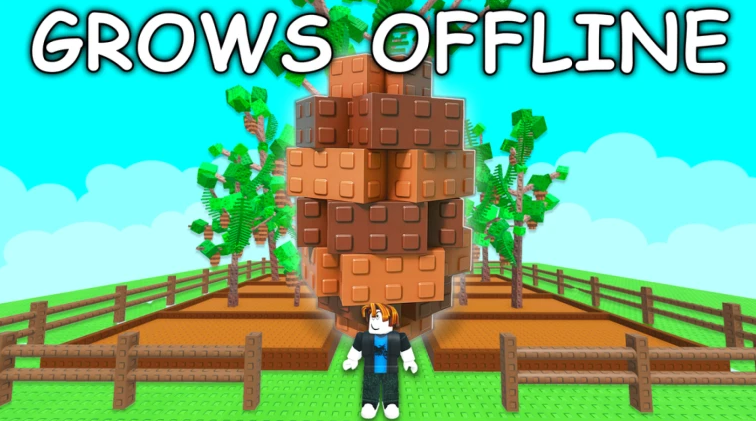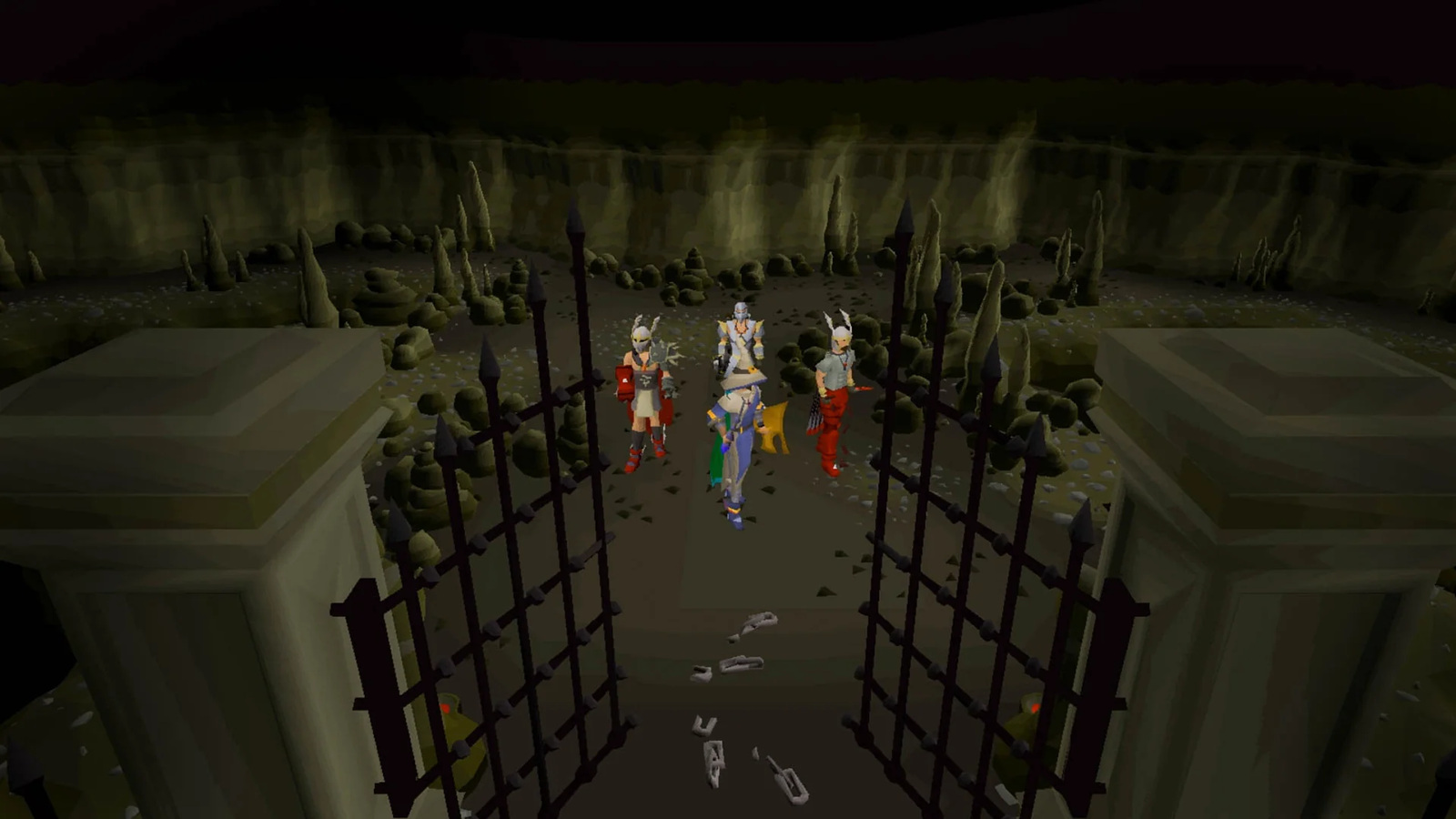Related News
U4GM - Grow A Garden Pets: 13 Tips for Gardening Without Damaging Your Pet’s Health
Posted by - BloodAsh37 BloodAsh37 -
on - Jul 26 -
Filed in - Business -
-
599 Views - 0 Comments - 0 Likes - 0 Reviews

Gardening with pets around can be a fun, rewarding experience, but it comes with its unique set of challenges. Whether you're growing a peaceful garden for yourself or aiming to provide a safe environment for your furry friend, it's essential to be mindful of your pet's health while you're at it. Here are 13 tips to help you grow a garden pets will enjoy without compromising their well-being.
-
Choose Pet-Safe Plants
The first and most crucial step in pet-friendly gardening is selecting the right plants. Certain plants can be toxic to pets, so make sure to research before planting. Some safe options include cat grass, petunias, and marigolds. If you’re ever unsure, consult a vet or use online resources to double-check. -
Avoid Pesticides and Chemicals
Commercial pesticides and fertilizers may be effective for your garden but are harmful to pets. Opt for organic or pet-safe solutions instead. There are plenty of natural alternatives that will keep your garden lush without putting your pets at risk. -
Build Raised Garden Beds
Raised beds are not only easier on your back, but they also protect your plants from being dug up or trampled by curious pets. Plus, they help keep your pet out of harm’s way, especially when dealing with plants that might irritate their skin. -
Create Pet-Free Zones
Designating specific areas for your garden and pet activities can help you maintain a safe, tidy space. Install barriers or fencing around sensitive plants to keep your pets from digging them up. This ensures your garden and your pets can coexist peacefully. -
Buy Grow A Garden Capybara
If you’re considering adding more wildlife to your garden, a Capybara could be a quirky and friendly addition. These adorable creatures, while low-maintenance, love the outdoors and are great for helping you maintain a pet-friendly garden. You can buy Grow A Garden Capybara through trusted platforms like U4GM to add some extra charm to your garden. -
Use Natural Mulch
Mulching your garden is essential for maintaining soil moisture and preventing weed growth. However, avoid using cocoa mulch as it’s toxic to dogs. Instead, opt for natural materials such as wood chips, straw, or pine bark. -
Secure Garden Tools and Equipment
Keep all your garden tools, like shears, trowels, and hoses, out of reach of your pets. Not only can these be dangerous to them, but they can also lead to injuries if left unattended. Create a designated area to store these items when not in use. -
Watering Considerations
Pets, especially dogs, are often fascinated by running water. If you're using sprinklers or hoses, ensure that the water does not pose a choking hazard or encourage your pet to drink excessively from standing water, which could cause upset stomachs or even poisoning if untreated water is used. -
Introduce Pet-Friendly Grass Alternatives
Not all pets appreciate the feeling of traditional grass. Some might even have allergic reactions. Instead of grass, consider planting pet-friendly ground covers, like clover or thyme. These plants are soft on your pet's paws and are safe for them to roam around on. -
Create Hiding Spots
If you have more than one pet or want to give your pet a private space in the garden, consider adding small hideaways. A few bushes or a pet-friendly shed can offer your pet a cool retreat when they need a break from the sun or any garden activity. -
Avoid Sharp Garden Decorations
Sharp or fragile garden decorations can be dangerous for both you and your pets. Opt for rounded, pet-safe garden sculptures or use soft materials to create a more pet-friendly atmosphere in your garden. -
Teach Your Pet Garden Boundaries
Training your pet to understand where they can and can't go is crucial for protecting both your plants and their health. Positive reinforcement works wonders—reward your pet for staying away from delicate garden areas and plants. -
Monitor Your Pet's Behavior
Finally, always keep an eye on your pet while they’re in the garden. Look for signs that they might be reacting negatively to something in the garden, whether it’s a plant, soil, or even just the garden’s environment.
Gardening is a rewarding hobby, but it requires careful consideration when pets are involved. By following these 13 tips, you can ensure that your gardening space remains safe, fun, and enjoyable for both you and your pets. And if you ever need guidance or help in acquiring unique garden accessories, don't forget to check out U4GM for additional resources and products to enhance your pet-friendly garden.
Photos








 Loading ...
Loading ...